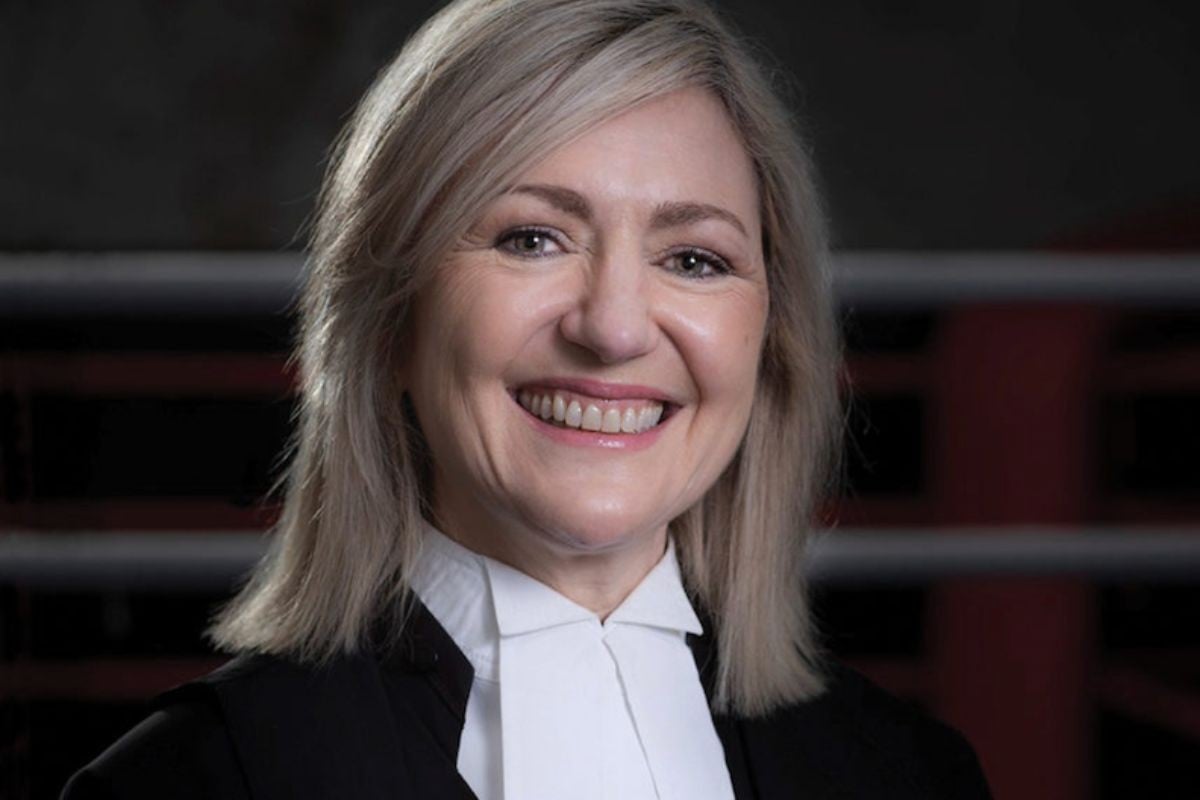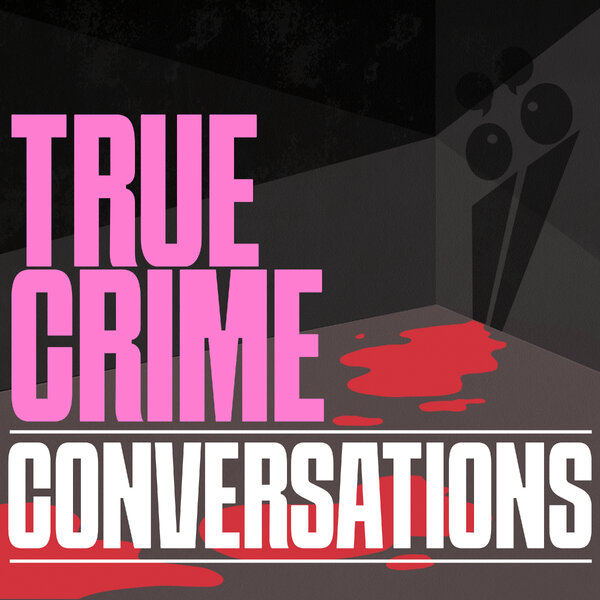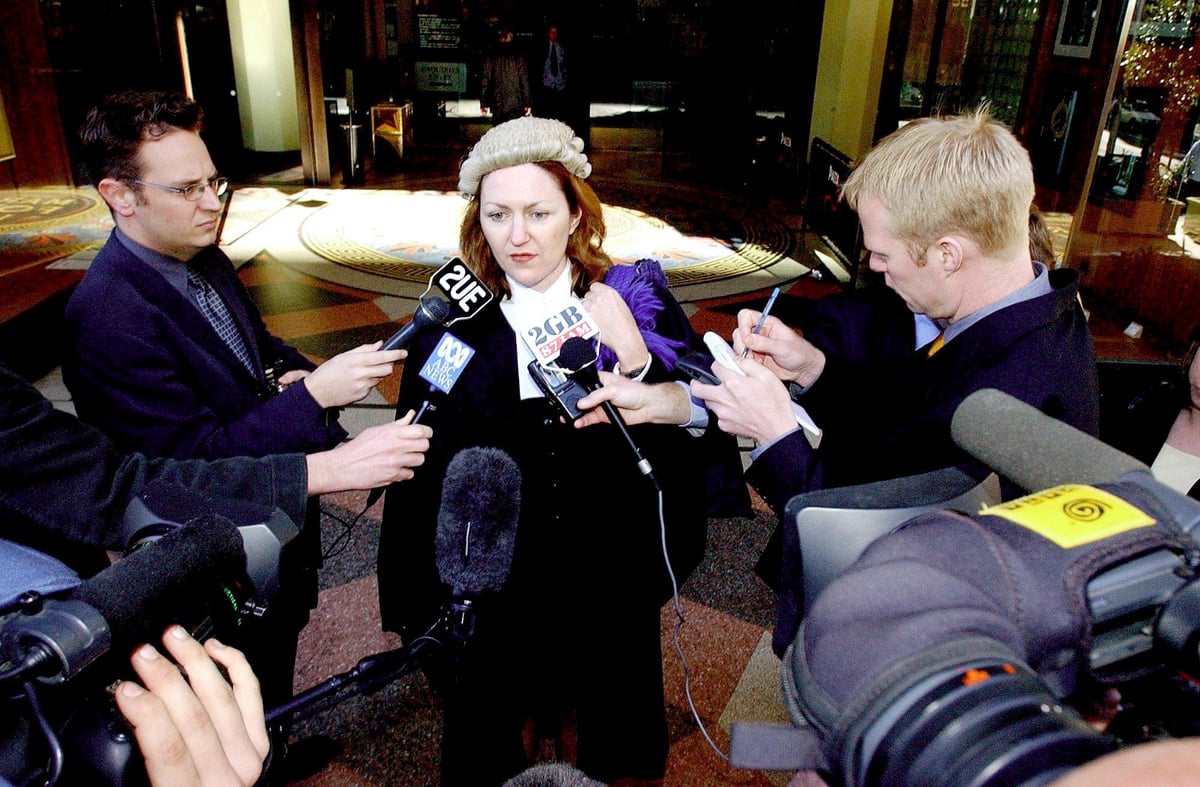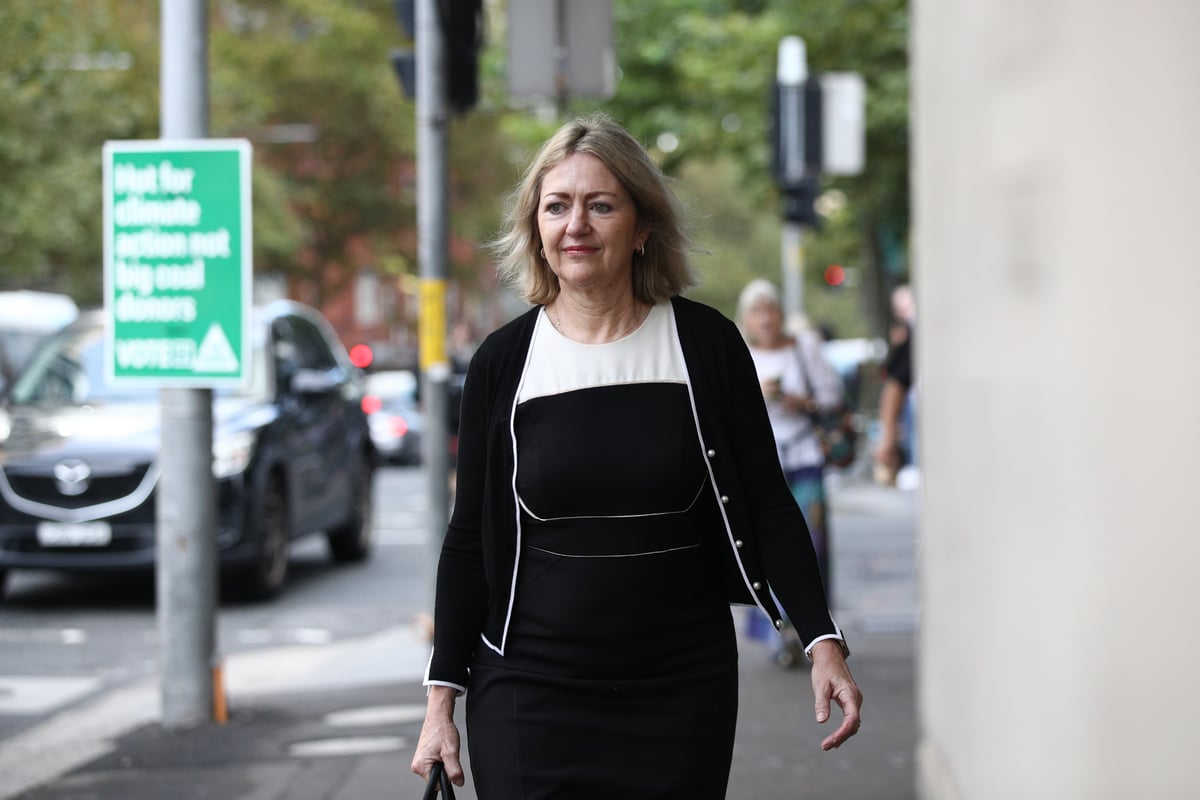
Margaret Cunneen SC has had a big career.
She joined the New South Wales Office of Public Prosecutions in 1986 and became Crown Prosecutor and then Deputy Senior Crown Prosecutor over a career spanning more than 30 years.
She's worked on some of the biggest cases of our generation — locking up notorious paedophile Robert "Dolly" Dunn, Graeme Reeves — AKA 'The Butcher of Bega' — and the Skaf gang rapists, to name just a few.
But building notoriety as one of the country's most talented prosecutors also made her a target, and for decades, Cunneen has dealt with people within her own industry trying to tear her down.
From the start, she felt like some of her peers just didn't understand her.
"I noticed that people thought that if you're quite pleasant and polite with people, and polite with the other side, you can't be 'taking it seriously enough'.
"You've got to walk in there with a stern look, and 'don't get too close to people'… and be a bit of an object rather than a person," she told Mamamia's True Crime Conversations.
Listen to the full chat with Margaret Cunneen. Post continues below.
But that was never her style.
"I get very close to the people I work with, and I was criticised very much, I think perhaps in a somewhat sexist fashion, for decades, for being affectionate with young women who'd been terribly assaulted, or parents who'd lost a child," she explained.
"I warmed to those people and thought it would be easier for them if they knew how much it meant to me for them to get justice. I've been criticised for hugging people and having my arm around people and so forth."































































































